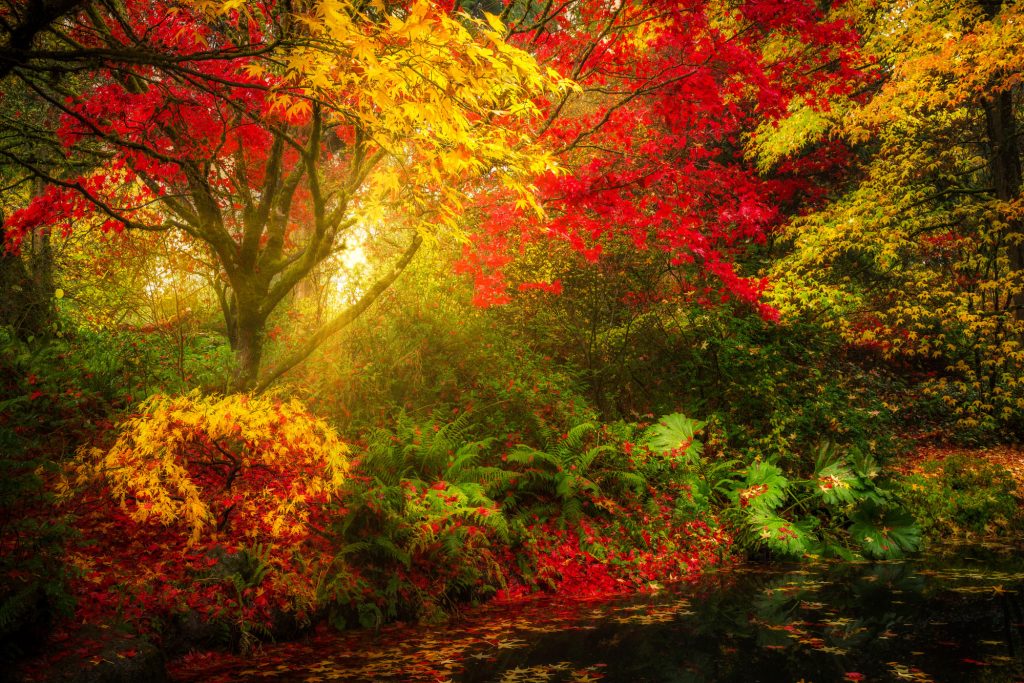Nurturing Your Garden: Best Practices for September in the Pacific Northwest
As the leaves begin to hint at their autumn hues and the air takes on a crisp edge, September marks a pivotal transition in the Pacific Northwest gardening calendar.
This dynamic and diverse region, known for its rich soil and temperate climate, requires careful attention as summer wanes and fall takes its place. In this article, we’ll explore the best practices for September gardening in the Pacific Northwest, ensuring your garden continues to thrive during this transitional month.
Extend the Growing Season with Cool-Season Crops:
While the summer growing season may be winding down, September presents an excellent opportunity to extend your harvest. Plant cool-season crops such as lettuce, spinach, kale, and radishes. These vegetables flourish in the milder temperatures of early fall and can provide a fresh supply of homegrown produce well into October.
Prune and Divide Perennials:
September is an ideal time to prune and divide perennials that have finished their blooming cycle. Trimming back spent flowers and excess growth not only tidies up your garden but also encourages healthy regrowth in the following seasons. Dividing perennials like hostas and irises helps rejuvenate the plants, promote better airflow, and prevent overcrowding.
Prepare for Fall Planting:
As September progresses, it’s essential to start planning for your fall planting endeavors. Whether you’re adding new shrubs, trees, or bulbs to your garden, now is the time to evaluate your space and soil conditions. Select plants that are well-suited to the Pacific Northwest climate and consider their water and light requirements to ensure a successful transition into the cooler months.
- Maintain Watering Routine:
While the intensity of summer heat may diminish, it’s still crucial to maintain a consistent watering routine. The Pacific Northwest experiences varying levels of rainfall during September, so be prepared to adjust your watering schedule accordingly. Monitor the moisture levels in your garden beds and containers, and water deeply when necessary to ensure your plants receive the hydration they need.
- Keep an Eye on Pests and Diseases:
As the weather shifts, certain pests and diseases may become more prevalent in your garden. Keep a vigilant eye out for common issues like powdery mildew, aphids, and slugs. Regularly inspect your plants and take preventive measures, such as removing affected leaves, practicing proper spacing, and applying natural pest deterrents, to protect your garden’s health.
- Harvest and Preserve:
September is a time of bounty in the garden, with many summer crops reaching their peak. Harvest ripe fruits and vegetables promptly to ensure optimal flavor and quality. Consider preserving your surplus produce through methods like canning, freezing, or drying. These preserved treats will bring the taste of your garden to your table even during the colder months.
- Start Planning for Spring Bulbs:
Believe it or not, September is the right time to start planning for a vibrant spring display. Begin planting spring-flowering bulbs like tulips, daffodils, and crocuses. These bulbs require a period of cold dormancy to bloom successfully, and planting them in the fall allows them to establish their roots before winter sets in.
In conclusion, September presents Pacific Northwest gardeners with a chance to savor the remaining warmth of summer while preparing for the cooler months ahead. By embracing practices such as extending the growing season with cool-season crops, pruning perennials, planning for fall planting, maintaining proper watering, monitoring pests and diseases, harvesting and preserving, and starting the groundwork for spring bulbs, you’ll ensure that your garden thrives through this transitional period. With thoughtful care and attention, your Pacific Northwest garden can continue to flourish as the seasons evolve. Give us a call at Levy’s Landscapes Washington: (360) 876-6567
